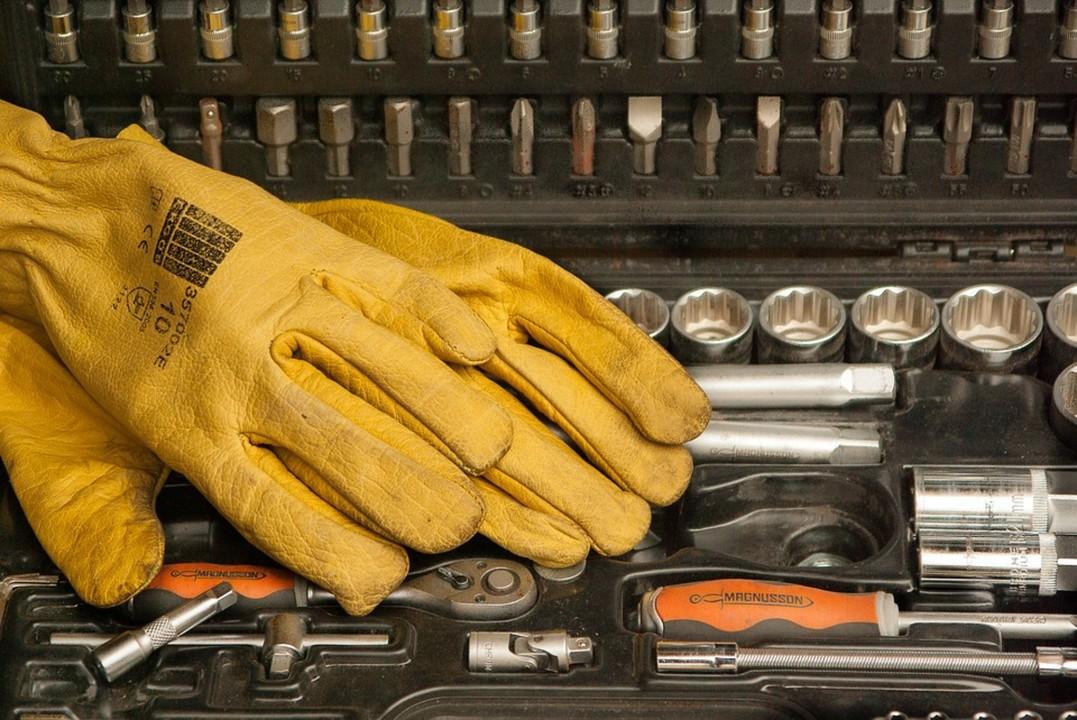The Role of Industrial Gloves in Reducing Workplace Injuries and Accidents

Industrial gloves are essential personal protective equipment (PPE) that protect workers from physical injuries, chemical exposure, biological hazards, and more. The rising emphasis on workplace safety, especially in high-risk industries such as construction, chemical processing, and healthcare, has resulted in increasing demand for industrial gloves worldwide. This article delves into the role of industrial gloves in worker safety, market demand across various industries, and segmentation by glove material, application, and regional trends.
The Importance of Industrial Gloves in Worker Safety
Industrial gloves play a critical role in minimizing hand injuries and protecting workers from a range of hazards:
- Protection from Mechanical Hazards: Gloves are vital for safeguarding hands from cuts, abrasions, and punctures, particularly in industries like construction, manufacturing, and automotive.
- Chemical and Biological Protection: For workers in the chemical and healthcare sectors, gloves provide a barrier against harmful substances, reducing the risk of skin exposure to hazardous chemicals, pathogens, and toxins.
- Temperature Protection: Workers in extreme environments—such as those in metal forging, food processing, and refrigeration—use gloves to protect against high or low temperatures.
- Electrical Protection: Specially designed rubber and insulated gloves protect workers from electrical hazards in sectors like utilities, power generation, and electrical maintenance.
Segmentation of the Industrial Gloves Market
- By Material:
- Nitrile Gloves: Known for their superior chemical resistance, nitrile gloves are extensively used in healthcare, automotive, and chemical processing industries.
- Latex Gloves: Popular in healthcare due to their elasticity and comfort, latex gloves are also used in food processing and laboratory settings.
- Polyvinyl Chloride (PVC) Gloves: These gloves offer good protection against oils and grease, making them popular in industries like automotive and food handling.
- Rubber and Neoprene Gloves: Ideal for heavy-duty tasks, these gloves offer high protection against abrasions, cuts, and chemicals.
- Healthcare: Medical gloves are essential in maintaining hygiene and preventing contamination in hospitals, clinics, and laboratories.
- Construction and Manufacturing: Gloves designed for these industries offer protection from mechanical injuries, chemicals, and sharp tools.
- Food Processing: Food-safe gloves ensure hygiene and safety in the food handling and processing industries.
- Automotive: Gloves used in automotive work provide resistance to oils, grease, and chemicals.
- North America: High demand for industrial gloves driven by stringent safety regulations and an expansive healthcare industry.
- Europe: Increasing focus on sustainability and compliance with EU safety standards, with significant demand across automotive, manufacturing, and healthcare sectors.
- Asia-Pacific: Fastest-growing market driven by industrialization and expanding manufacturing bases in countries like China and India.
- Latin America: Growth in manufacturing and construction sectors boosts demand for protective gloves.
- Middle East and Africa: Gloves for extreme conditions are in high demand in industries like oil and gas, mining, and construction.
Conclusion
The industrial gloves market is integral to maintaining safety in various high-risk industries. As demand for protective equipment increases globally, the market for industrial gloves will continue to grow. The ongoing focus on worker safety, coupled with technological advancements and rising industrial activities, ensures that industrial gloves remain a crucial part of workplace safety strategies.
- Art
- Causes
- Crafts
- Dance
- Drinks
- Film
- Fitness
- Food
- Jogos
- Gardening
- Health
- Início
- Literature
- Music
- Networking
- Outro
- Party
- Religion
- Shopping
- Sports
- Theater
- Wellness
- IT, Cloud, Software and Technology


